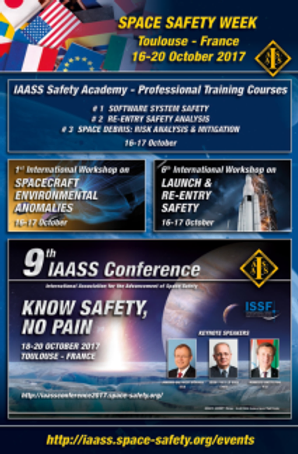How can you advance a field of knowledge if no books are written on it, no focused education and training exist, and no dedicated research is carried out? Advancing safety, the mission of IAASS, requires among other things to fill a wide professional and organizational cultural gap.
Space safety criteria, methods and techniques are not generally taught in aerospace engineering schools. Both manned and unmanned space programs clearly demand to form a new technical profile, the safety engineer, to support and execute highly critical safety processes. Those engineers need to acquire knowledge of space systems design and operations safety, as well as a broad understanding of multiple engineering specialist fields. Usually engineers selected for safety jobs come from a variety of background and acquire knowledge through internal information exchanges, brain storming, discussions, and primarily through on-the-job training: experienced safety engineers teaching newcomers in a sort of master-to-apprentice relationship.
The IAASS is the premiere and unique organization worldwide offering a wide range of specialized events for continuing education and training in space safety. The IAASS organizes workshops, seminars, conferences, and hands-on courses.
The IAASS conferences last typically three days and are very much focused on expanding and updating education. The workshops are instead aimed to cooperative problem solving as part of research or advanced studies in which several members of the association share an interest. They last a couple of days but they are generally part of a longer program. Training courses may last between two days and a full week, they are instead aimed to acquire new knowledge and skills. The IAASS events cover many areas from safety-by-design, to launch and re-entry safety, space debris, human performance, etc. The IAASS provides also outstanding training opportunities in those disciplines that must be rigorously and consistently implemented to ensure system safety, namely Quality Assurance and Configuration Management.

